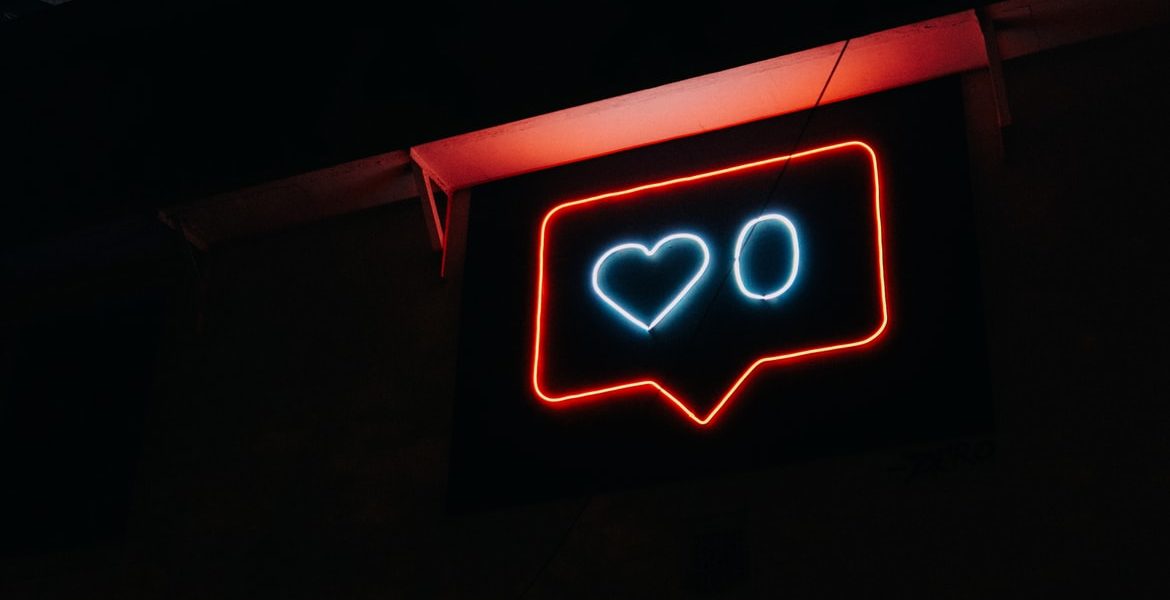What would you do if you found yourself in a starring role that you never auditioned for?
October has been a month full of discussion about mental health. Sunday 10th October marked World Mental Health Day. The Guardian reported that the stresses of the Covid-19 pandemic have led to a significant rise in psychosis cases in England. And a Facebook whistleblower who had shared a series of documents with the Wall Street Journal – including internal research which found that Instagram was impacting the mental health of teenagers – revealed her identity, bringing the story back to public attention.
A familiar, complicated question was raised again: are social media platforms bad for our mental health? It is a question which has passionate advocates and detractors on both sides and requires a great deal of nuance to handle – partly because the content we engage with on social media is as diverse as the users who generate it.
A bigger question lurks in the background, though it often goes unrecognised because our time online is so often dominated by social media: is the internet just bad for our mental health?
Social media platforms, built for communication and communities, are inheriting a lot of the responsibility they didn’t expect (and, in many ways, which they’re out of their depth when trying to handle). They’re having to figure things out that nobody has ever had to figure out before.
I look at my own experiences as a perfect example of how hard it is to find easy answers. At fourteen, I learned to aspire towards a thigh gap from Tumblr. But I also learned about body positivity from Instagram. Facebook gave me my earliest vocabulary to describe mental health, and I’ve seen TikTok continue to normalise conversations around speaking out and accessing therapy. While relentlessly negative news content can be overwhelming, listening to podcasts can be comforting and grounding.
So what should you do if you find yourself in a starring role that you never auditioned for? Perhaps the best place to start is to admit that you don’t have a script.
The internet is both good and bad for mental health. The way you amplify the good and minimize the bad is by facing that fact honestly and humbly – and then doing everything you can to understand how your products and services impact users and their wellbeing, pushing for responsible regulation, and identifying actionable ways to make things better. Through deeper understanding and dialogue we can progress and mutually construct safer, more sustainable and more satisfying online experiences.


